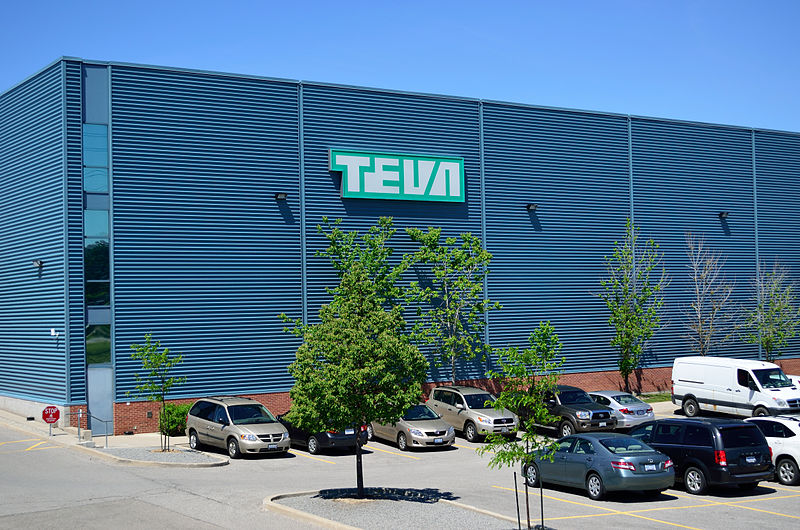Teva slumps after Express Scripts funds migraine rivals in US

A major prescription benefit manager in the US will not reimburse Teva’s preventative migraine drug Ajovy (fremanezumab), in an effort to cut costs.
However, Express Script Holdings, which is one of the largest pharmacy benefits managers (PBMs) in the US, will cover new migraine drugs produced by competitor pharma firms Eli Lilly and Amgen.
The news sent Israel-based Teva’s shares slumping by 4.4% while the rival companies saw small rises in their share values.
To further control costs, Express Script Holdings will limit the availability of Eli Lilly’s Emgality (galcanezumab) and Amgen’s Aimovig (erenumab) to patients who are most likely to benefit from them, according to a report by Reuters.
The move is driven by the need for PBMs to reduce the costs of drugs for the employers who pay for the medicine for their staff.
As the drugs were all approved for marketing within months of each other, there was plenty of scope for the PBM to drive down costs before deciding whether or not to put the medicines on its formulary.
Harold Carter, clinical solutions director at Express Scripts, told Reuters: “These products are fairly interchangeable. It comes down to manufacturers providing the best value to be on the formulary.”
He said the rebates were a factor in whether or not a drug was included in the formulary but didn’t reveal any specifics about the amounts rebated.
Reuters added that a statement from Teva said the firm was “disappointed” with Express Scripts’ decision, but has programmes in place to make sure patients can access Ajovy, which is seeing “strong demand” in the few weeks since its launch.
Ajovy, which was approved last month, is the second migraine therapy that works by targeting the calcitonin gene-related peptide (CGRP) to gain US Food and Drug Administration (FDA) approval this year.
It is available as either one injection of 225mg a month, or three injections, totalling 675mg, once every three months.
Aimovig, which is manufactured by Amgen and Novartis, was approved for migraine prevention in May and was the first anti-CGRP medicine for the condition, which affects 30 million people in the US and six million in the UK.
Eli Lilly’s Emgality, also an anti-CGRP drug, was approved in September. Alder BioPharmaceuticals is also developing an anti-CGRP preventative, eptinezumab.












